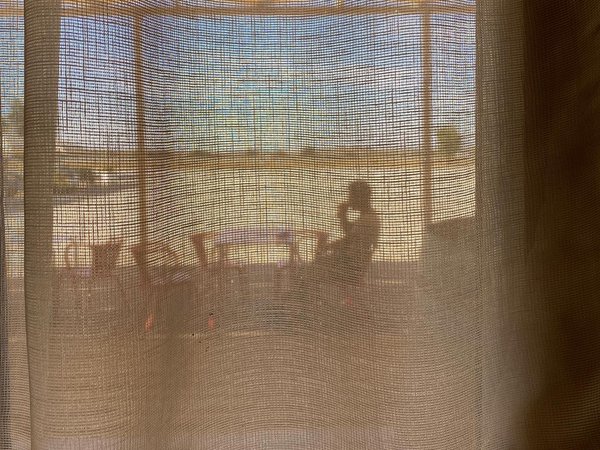This is a past event.
Philippe Descola
Philippe Descola
Moderation: Susana de Matos Viegas
Philippe Descola’s comparative anthropology focused on the relations between humans and non-humans revolutionized the landscape of human sciences, and had great impact on ecological thinking. Par-delà nature et culture (Gallimard, 2005) was a landmark in his work, as well as highly influential for anyone concerned with the connections that link nature and culture. Published in 2021, Les formes du visible (‘The forms of the visible’) sets the ground for a figurative anthropology and reflects on the ability of each culture to conceive images and figurative devices.
Revisiting his first book, Descola resumes the theory of four basic ontologies that govern the variation in collective life. Each one – animism, naturalism, totemism, and analogism – draws its own line between human and non-human. Les formes du visible earned Descola the Martine Aublet Foundation award in 2021.
25 MAY 2023
THU 18:30
Entrada gratuita*
Duration 2h
Em inglês.
*with ticket pickup 30 min. before the session starts (subject to room capacity).
Philippe Descola Biography
Anthropologist Philippe Descola studied philosophy at the École normale supérieure, Fontenay-Saint-Cloud, and ethnology at the École Pratique des Hautes Études, under Claude Lévi-Strauss, who guided heis thesis. His initial studies focused on the Ecuadorian Amazon, particularly the Achuar people. A CNRS gold medalist and an emeritus professor at the Collège de France, he published Par-delà nature et culture (2005, Ed. Gallimard) and Les formes du visible, which was awarded the Prix Fondation Martine Aublet 2021, among others. He was curator of the exhibition La fabrique des images, at the Quai Branly Museum, Paris, 2011. He has been a regular guest at the universities of São Paulo, Beijing, Chicago, Montreal, the London School of Economics, Cambridge, St. Petersburg, Buenos Aires, Gothenburg, Uppsala and Leuven. He was guest lecturer for the Slade Lectures Michaelmas cycle 2021-2022 at the University of Cambridge. He received the title of Doctor Honoris Causa from the University of Montreal, Canada, and is an Honorary Member of the Royal Anthropological Institute of Great Britain and Ireland.
Co-funded by the Creative Europe Programme of the European Union, following ACT - Art, Climate, Transition project












